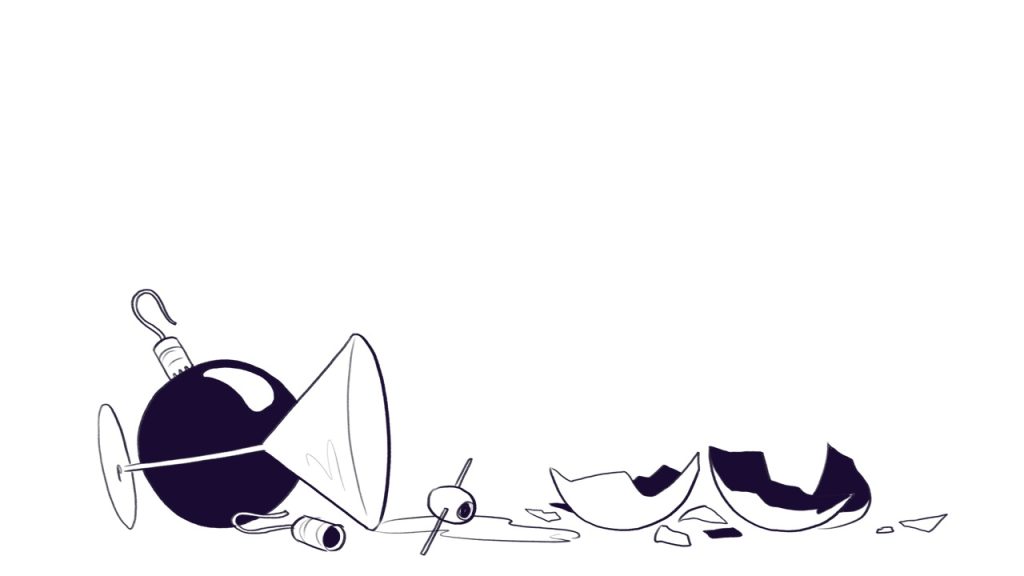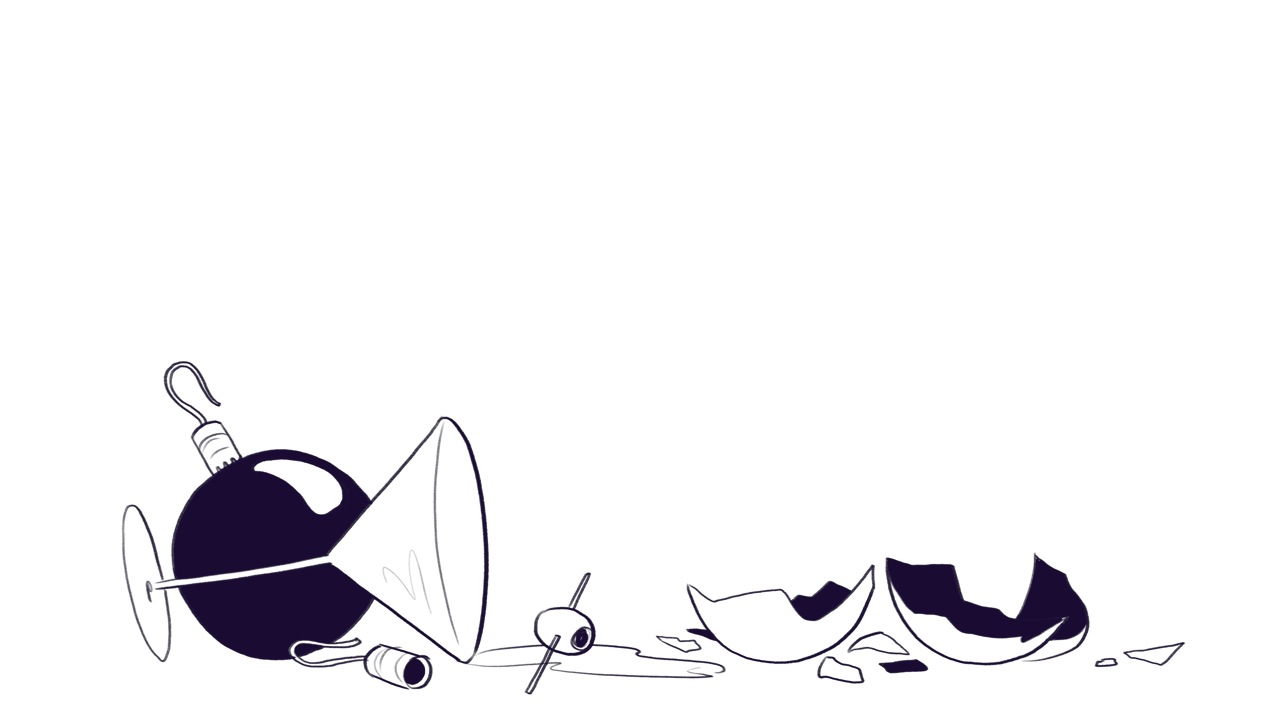Why Covering for Your Loved One Might be Counterproductive

When trying to influence a loved one who is using, you can go a step further. You can also allow for natural consequences to occur. They don’t have to be major calamities. Smaller more subtle mishaps could have the same effect.

Illustration: Eleanor Davis
When an ultimatum drives them underground
I worked with an older woman whose husband has a drinking problem. They’ve been married for over 50 years. He’s 77. The wife had grown so concerned with her husband’s drinking and its effect on their marriage that she had given him an ultimatum: “Stop or I’ll leave.” She had punctuated her ultimatum with a stay at her daughter’s for a couple days. The husband had agreed, but was now secretly sneaking alcohol wherever he could and thought he was getting away with it.
Where are the natural consequences?
The problem with finding an easy solution to influencing her husband was that he wasn’t suffering any natural consequences to speak of. There was no job at which to get into trouble; he kept sober when family came over; and, he rode his bike over long distances and was in great physical shape.
The ultimatum had driven him underground. I told her I thought this was a good start. Her husband was now sneaking his drinks behind the woodpile. The no drinking “rule” was almost certainly giving him occasional pause to see the lengths to which he was now going to drink and the secrets he now had to keep.
The work of influencing a loved one can indeed be a subtle business
It’s about walking out of the room and leaving them alone when you sense they’ve been using or, when you know they haven’t been using, sitting on the couch together and watching a favorite show. It means not hugging them or behaving as if everything is okay when you know there has been use. But is there more? Can you actually go a step further to create some natural consequences?
The couple had been asked by their good friends to feed their cat while they were out of town. At some point, the husband decided to reach high up over the cupboards in their kitchen for a large bottle of red wine he saw. In his reach he knocked over a box of couscous that went flying all over the kitchen counters and floors. The wife was aghast when she saw it and helped her husband clean it up. But could she have left it for him to deal with? She worried that he would do a poor job of cleaning it up. I asked her if that was so bad? What if the friends came home and asked what had happened? What if she called her friends and told them what had happened and asked if they would say something to the husband?
“Oh my,” she said. I asked if the friends knew about his drinking problem. She said yes. Might they be willing to turn up the heat? She said yes. “But would that be fair?” she asked. “Ah,” I said, “is this a fair fight? Are you going to help keep his secrets? Is it dangerous to tell? If not, consider it.”
Consider not keeping secrets
Had she chosen not to cover up this accident, it could have been an embarrassing reminder to her husband of the gymnastics he was going through to get a drink. It could have led to the realization that his secret was seeping out and had reached his good friends.
There are the major calamities that befall people who abuse drugs and alcohol and sometimes these events drive people to stop using. But there are also the small and more subtle events that embarrass, that shame, or that make us look silly, which can also be the catalyst for change. Make an effort to seize these opportunities to allow such moments to naturally occur.
Join the Allies in Recovery member site today for full, unlimited access to our e-learning platform, expert guidance, and the chance to connect with others in your situation. Learn more here.
